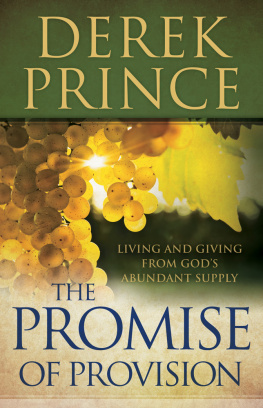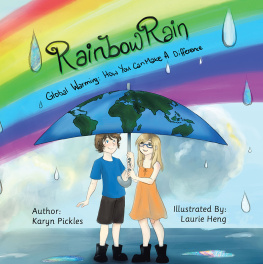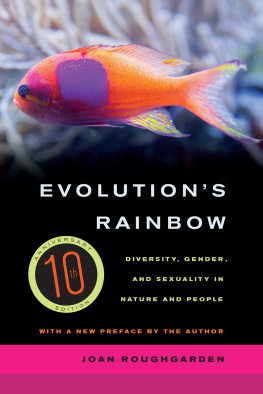Respectful Conversation
I n the past, I worked as a functional family therapist. The Functional Family Therapy Model focuses on improving relationships between family members to assist the family in coping with the challenges of life and reducing the number of risky behaviors that the teen engages in. One area that often can help families build the relationships among the family members is communication. When communication is not effective between family members, one family member feels excluded and unimportant. The family member who feels that they are not important will do almost anything to become important. When I work with a family where one member of the family is in a struggle to become important, I often teach them communication skills and rules for fair fighting/respectful dialogue to improve the relationships between family members. The first rule of respectful dialogue is that all members of the group or family acknowledge that on certain issues they will need to agree to disagree.
Agreeing to disagree seems like a simple and easy concept to enact, but it is extremely difficult, especially when a person feels passionate about an issue. Everyone feels that they have the correct answer to the issue at hand. However you feel about the role that homosexual individuals should have within religious communities, those who want to see gay, bisexual, and transgendered persons have equal rights, have the attitude that this is simply a matter of those who have the opposite opinion should just simply get over their prejudice and move into the twenty-first century already. On the other hand, people who believe gay, bisexual, and transgendered persons are an abomination to society, especially religious communities, are obligated to fight for what is morally right. One thing I hope that you get from reading this book and your discussion of it in your group is that both stereotypes fit a small percentage of people on each side of the issue. Most people fall somewhere in the middle of these extremes in their opinion on homosexuality.
The reason I am stressing having this discussion with the attitude that you will agree to disagree is that both sides of this issue have a great deal invested emotionally in the issue of human sexuality and how it impacts our society. When people have a great deal emotionally invested in an issue, they become much more likely to become frustrated or hurt when they feel their thoughts and feelings are not being considered or heard by other people.
Each of us want to feel that we are listened to, and when we feel that our thoughts and feelings are not understood or heard we feel unimportant and disposable. This feeling applies to both sides of of any issue. It is my opinion that if we talk about the issue of human sexuality in a way that allows everyone to feel that their beliefs and experiences will be heard and are valid. We create a safe space to dialogue and develop some common ground.
It is important you understand that by common ground I do not mean agreement. When I use the term common ground I am referring to having a common language and understanding of the thoughts and feelings of both sides, to develop understanding and trust that may eventually lead to some common ground. Members of the Anglican Communion have been able to find the common ground on the issues of womens ordination and abortion in recent history. We do not all agree on these issues, but we have found a way to coexist and with a common language to continue the dialogue with each other about these important issues and a respect for the other persons thoughts and feelings. This did not happen overnight with the issues of womens ordination or abortion, but my hope is that by having this type of discussion on a parish family level the way of reconciliation and peaceful coexistence will emerge.
The following is an example from my days as a functional family therapist. Many times, as I worked as a functional family therapist, parents had the same goal. They wanted their child to be safe. This took the form of rules and the teen being told they could not do things they really wanted to. The teen saw this as the parent not trusting them, so they would rebel. It was part of my work to help both sides express the reasons behind their position and actions. When this was successful, parents and teens understood each other. Parents understood that their teenager was engaging in dangerous behaviors because they wanted to show they could be trusted. And the teens understood that their parents were not being arbitrary with the rules but that they were thinking about their safety and welfare. This required helping both sides to feel safe enough to share their thoughts and feelings. In other words, a safe space needed to be created for everyone in the family.
In order to create a space that is safe for everyone, it is necessary to set up ground rules to protect everyone involved. In the rest of this chapter, I will make some suggestions for group ground rules that have been helpful to groups that I have facilitated. The suggestions that follow are meant to give your group a starting point to set up their own ground rules for their own group, because every human being is different, each group of people has its own personality and unique qualities.
When I help a family set up rules for respectful conversation to assist them in improving communication within their family, one of the first suggestions is that they agree not to call other members of the family names. When family members start calling each other names, it puts the person being called the name on the defensive. The natural reaction to being called a name is to feel attacked. Human nature dictates that when we are attacked we will protect ourselves by either fighting or fleeing. The fight or flight response puts an end to an open and honest discussion whether they choose to flee or fight. If they fight they will see the person calling them a name as the enemy and will likely stop listening to what the other person has to say, and they will attack back in whatever way they can.
On the other hand, if they choose the flight response, they will not listen to what the other person says, and will feel uncomfortable to share their thoughts and feelings with the group and may even pretend to agree just to fit in. Either way, an open and honest dialogue cannot occur if any party in the discussion feels attacked. Name-calling is not the only thing that will cause someone to be put on the defensive. Having a group discussion of situations when individuals in the group have felt attacked is a great place to start. It allows for all group members to show their vulnerability and gives some starting places to develop group rules. My hope would be that the group after hearing the situations when other group members have felt attacked that the rules developed would prevent those situations from occurring within the group.
Discussing the situations that have made group members feel defensive or attacked, will generate ideas for rules your group will need to promote every group member feeing safe while in the group. This discussion will also help group members see each other as people with thoughts and feelings, and will help build trust and respect among group members.
The issue of human sexuality is an extremely emotionally charged one. This section on respectful conversation is to help your group have this conversation in a way that will allow everyone to feel comfortable sharing their thoughts and feelings and that their views are respected and heard by the other people in the group. Each member of your group will have a different perspective on any issue because of their individual life experiences. The important thing to remember is that just because the perspectives are different does not mean that one perspective is right and the other is wrong. My life experience has taught me that often there is no right or wrong answer. Most of lifes issues are not simple. Most people would agree that stealing is wrong, but many people would also agree that a young abandoned child is justified in taking what they need to survive, even though that means that child needs to steal food to survive. Along with the issues that are complicated, there are also those things that the same positive end can be reached by more than one method. This point can be illustrated by the following example that uses my experiences with my grandmothers.












